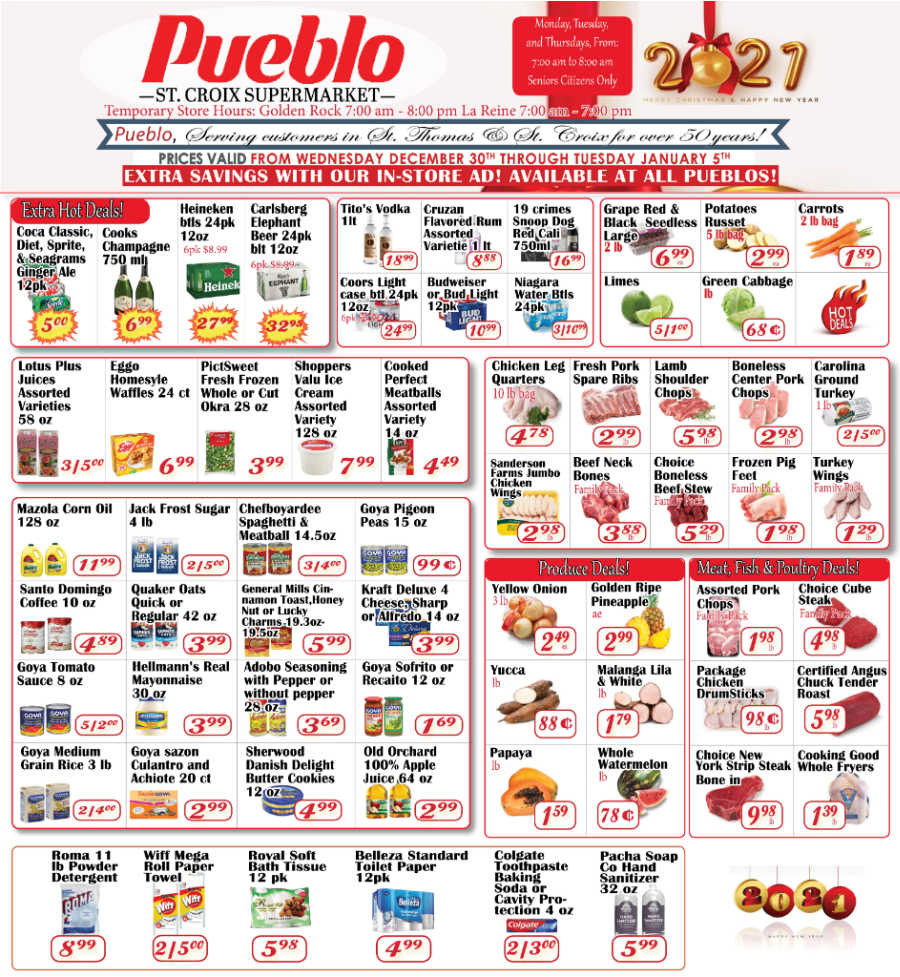On Wednesday, approximately 13 hours after they took effect, President Donald Trump declared that he would pause the country's wide-ranging tariff regime for approximately three months – with one exception.

The president announced in a post on Truth Social that he had “authorized a 90-day PAUSE, and a substantially lowered Reciprocal Tariff during this period, of 10 percent, also effective immediately.” During the pause, U.S. officials are expected to negotiate individual trade agreements after over 75 countries have reached out to forge new agreements with the U.S. The announcement sent the U.S. stock market soaring on Wednesday, amassing more than $1.5 trillion in value. European markets followed on Thursday, surging at the opening bell.
The temporary 10% baseline tariff rate goes into effect across the board, said Treasury Secretary Scott Bessent, including for goods coming in from Mexico and Canada, two of the three countries included in the president's initial round of tariffs. However, targeted tariffs of 25% on steel, aluminum, cars, and auto parts are still in effect. Additionally, Present Trump promised “major” import taxes on pharmaceuticals would be forthcoming.
China now stands as the lone country targeted in President Trump's evolving trade war. Tariffs on Chinese goods entering the United States now stand at 125%, as a response to Beijing's retaliatory measures.
Even with these rapid trade developments, the Virgin Islands may escape the full impact of the tariffs, however. As Governor Albert Bryan Jr. pointed out earlier this week, the existence of the territory as a separate customs zone means that the USVI does not levy tariffs in accordance with the federal government.
Additionally, U.S. tariffs may not apply to goods in transit, the governor said. “We're hoping that we can get clarification on that from the President and the White House to make sure that goods being picked up in Florida and being exported to the U.S. Virgin Islands will not be subject to those tariffs,” he noted, speaking at this week's press briefing from the Seatrade event in Miami, Florida.
Should that be the case, Governor Bryan believes this could present new opportunities for the territory. “That allows us to not only create cheaper prices for our residents, but also…huge transshipment spaces in St. Croix as well as St. Thomas.” Approximately $26 billion worth of trade comes through VI ports for the Caribbean each year, the governor said, expressing optimism that this number could grow.

Residents in the territory will have to grapple with the likelihood of paying more for American-made goods which rely on raw materials from China, or products affected by the increased tariffs on steel, lumber, and auto parts. However at the same time, Governor Bryan opportunities exist for the USVI to improve its strategic positioning in the region by leveraging the territory's proximity to – and differentiation from – the mainland United States.







